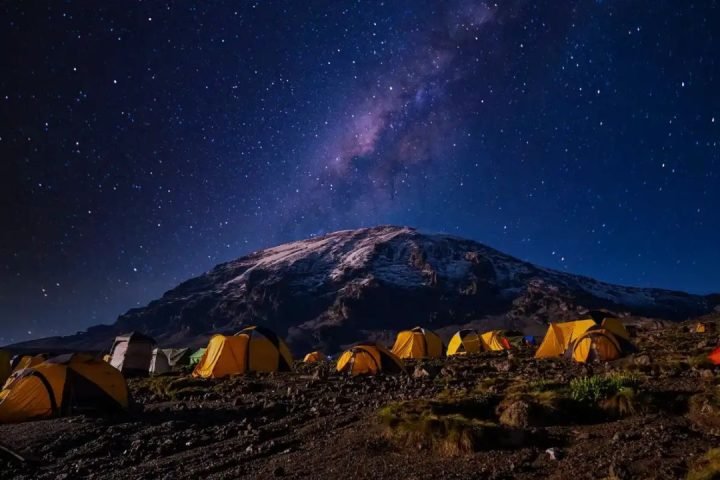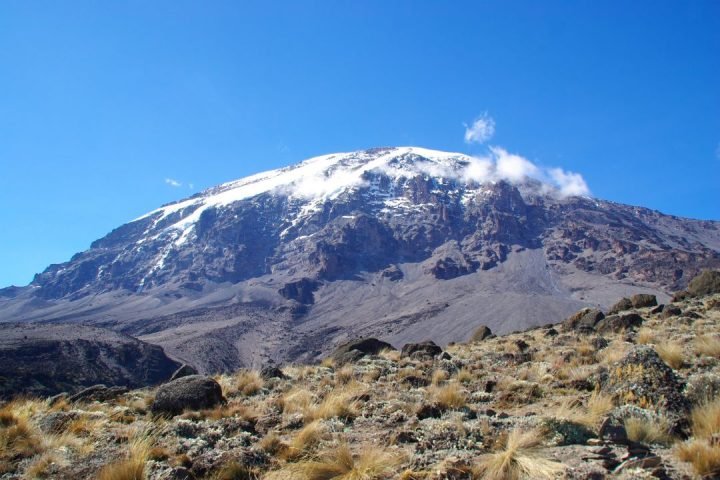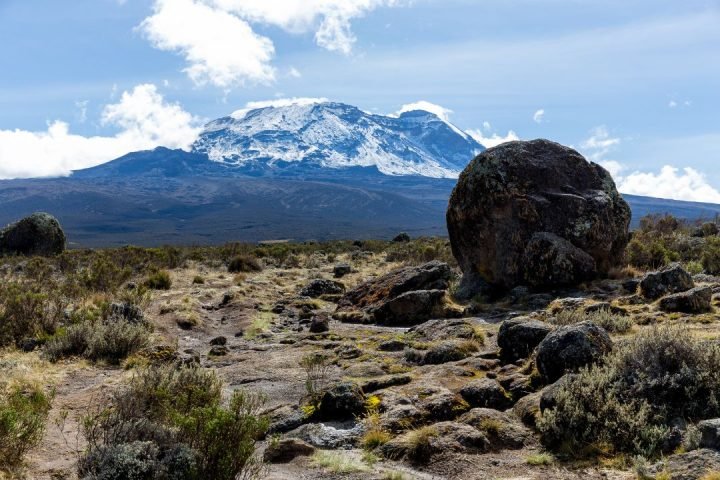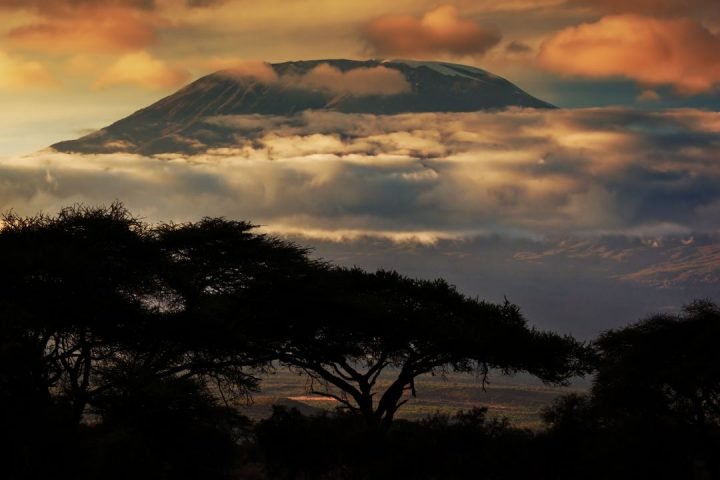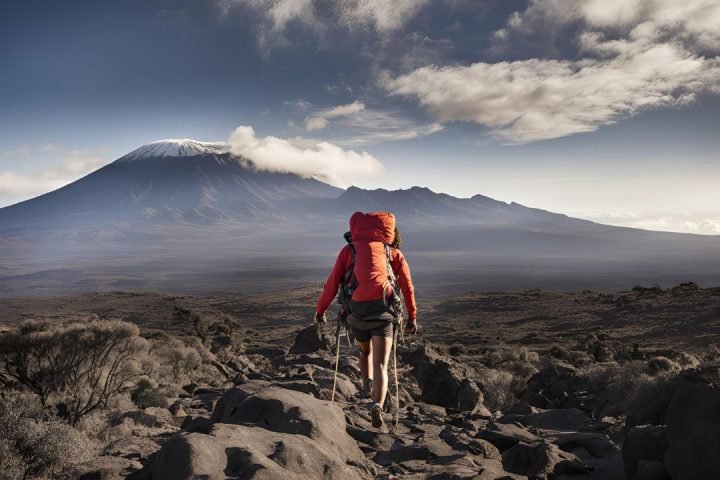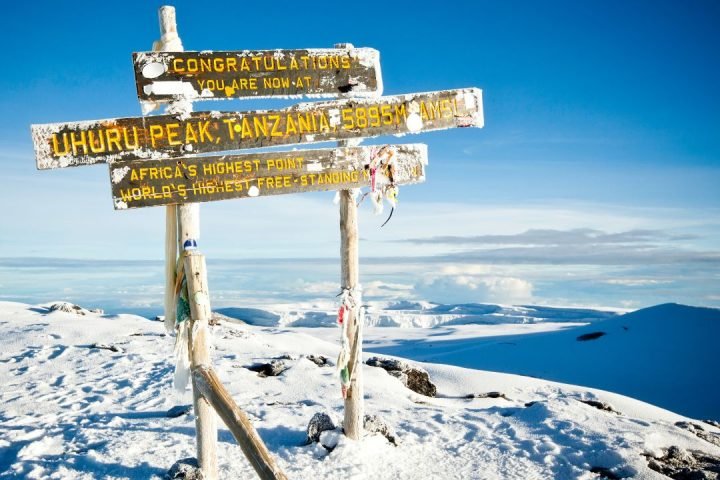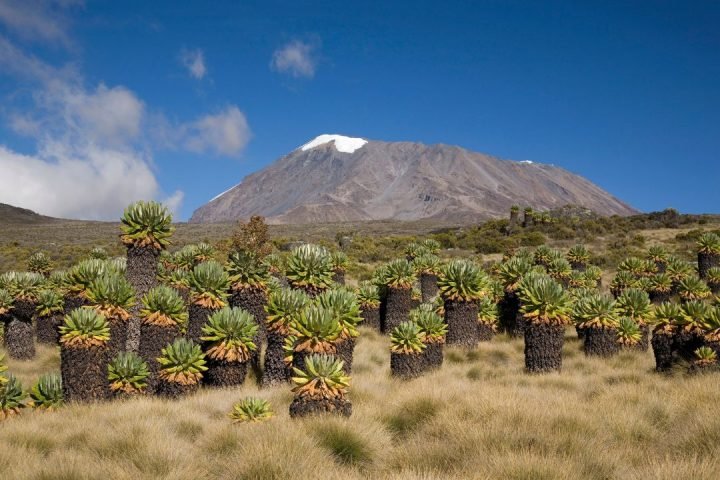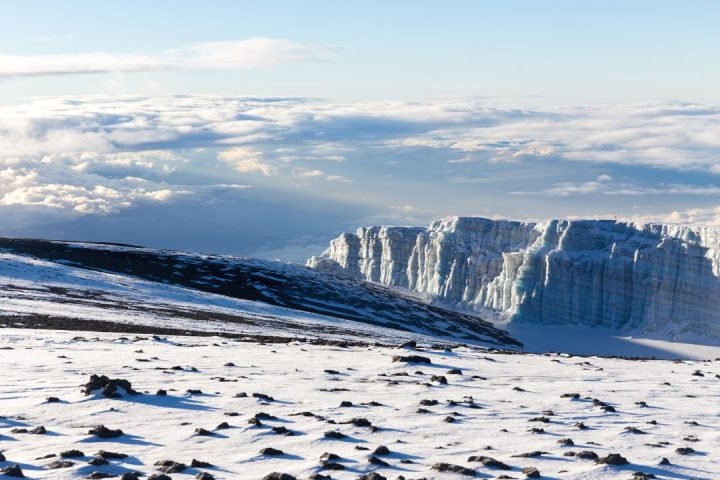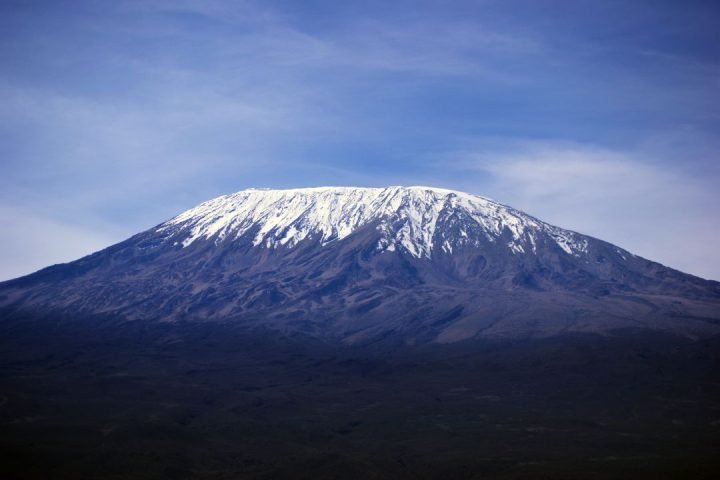7 Days Mount Kilimanjaro Trek – Umbwe Route Overview
The 7-Day Umbwe Route is the steepest, most direct, and least crowded path to Africa’s highest peak. Starting from Umbwe Gate on the southern side, the trail rapidly climbs from dense rainforest to alpine moorlands, reaching the iconic Barranco Wall before joining the Machame Route for the final push to Uhuru Peak (5,895m). Known for its raw beauty and challenging terrain, this route is ideal for experienced trekkers seeking a fast-paced and adventurous climb.
The trek is physically demanding and less forgiving in terms of acclimatization, making it suitable for climbers with high fitness levels and limited time. The steep ridges, dramatic landscapes, and remote wilderness provide a true backcountry experience, far from the crowds of other trails. Despite its intensity, the Umbwe Route traverses diverse ecosystems—from lush rainforest to alpine desert—culminating in a breathtaking summit sunrise.
This trek begins and ends in Moshi, with transfers to and from Londorossi Gate included. Personal gear and accommodation before or after the climb are not included, but Leen Adventures can arrange these upon request.
7 Days Mount Kilimanjaro Trek – Umbwe Route Details
Trek Highlights
7 Days Mount Kilimanjaro Umbwe Route – Detailed Itinerary
Arrival Day
Arrive at Kilimanjaro International Airport (JRO), where the Leen Adventures team will meet and transfer you to your hotel in Moshi. In the evening, meet your head guide for a detailed climb briefing and gear check. Rest, hydrate, and prepare for the challenging trek ahead.
Day 1: Umbwe Gate to Umbwe Cave Camp
Start at Umbwe Gate after registration. Trek through dense rainforest along a steep ridge, with narrow, rarely-traveled paths offering dramatic valley views. The wilderness and solitude provide a true backcountry experience. Arrive at Umbwe Cave Camp in the late afternoon. Dinner and overnight at camp.
Day 2: Umbwe Cave Camp to Barranco Camp
Climb steadily through montane forest and moorland to reach Barranco Camp. The trail is steep in sections but rewards with panoramic views of Kilimanjaro’s southern slopes. Enjoy the evening acclimatizing at camp in preparation for the Barranco Wall climb tomorrow.
Day 3: Barranco Camp to Karanga Camp
Trek the impressive Barranco Wall, a thrilling non-technical scramble offering stunning vistas. Descend into a scenic valley, then continue over rocky outcrops to Karanga Camp. This extra night at Karanga is crucial for acclimatization before the summit push. Rest, hydrate, and prepare for the next day
Day 4: Acclimatization Day at Karanga Camp
Spend the day resting, hydrating, and performing short hikes around Karanga Camp to help your body adjust to the high altitude. Use this time to fine-tune gear and prepare mentally for summit night. Enjoy the serene alpine environment and spectacular views.
Day 5: Karanga Camp to Barafu Camp
Trek across the barren alpine desert to Barafu Camp, your base for the summit attempt. Take it slow in the thin air, enjoy the quiet highland scenery, and rest in preparation for the midnight ascent. Early dinner and an early bedtime are essential.
Day 6: Barafu Camp to Uhuru Peak to Mweka Camp
Start your summit climb just after midnight. Navigate steep switchbacks and scree slopes to Stella Point and onward to Uhuru Peak, Africa’s highest point. Witness sunrise over the vast Tanzanian plains, celebrate your achievement, and begin the descent to Mweka Camp through Barafu and moorland. Overnight at Mweka Camp.
Day 7: Mweka Camp to Mweka Gate – Return to Moshi
Descend through lush rainforest to Mweka Gate, where you’ll sign out and receive your summit certificate. Enjoy a picnic lunch before being transferred back to Moshi for a hot shower, celebration, and overnight stay.
Departure Day
After breakfast, enjoy a leisurely morning before being transferred to Kilimanjaro International Airport (JRO) for your flight home or onward journey. If you wish, Leen Adventures can arrange an extension to the Serengeti, Ngorongoro, or a relaxing Zanzibar getaway.
🎒 Optional Gear & Rentals
Enhance your Mount Meru trekking experience with these optional gear add-ons. All equipment is subject to availability, so early booking is recommended.
💰 Tipping Guidelines
Tipping is an important tradition on Mount Meru treks. Your mountain crew—including lead guides, assistant guides, cooks, and porters—work tirelessly to support you during the climb, and tips are a meaningful way to show appreciation for their dedication and effort.
Suggested Tipping Rates:
Tips are usually handed over at the farewell ceremony at the park gate on the last day of the trek. It is best to place tips in an envelope and give them to the lead guide, who will distribute fairly among the team.
Tips should be in US Dollars (clean, undamaged notes) or Tanzanian Shillings. While tipping is not mandatory, it is customary and greatly appreciated. For larger groups, tips are often shared equally among trekkers.
Are you Up for a Challenge?
